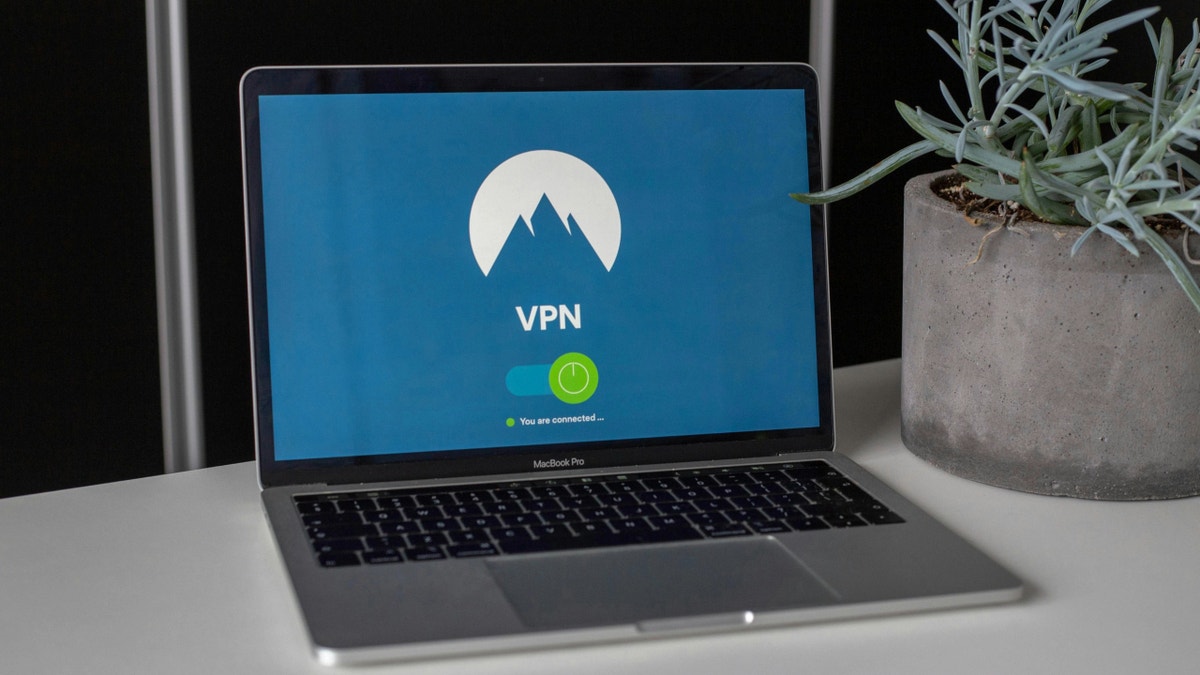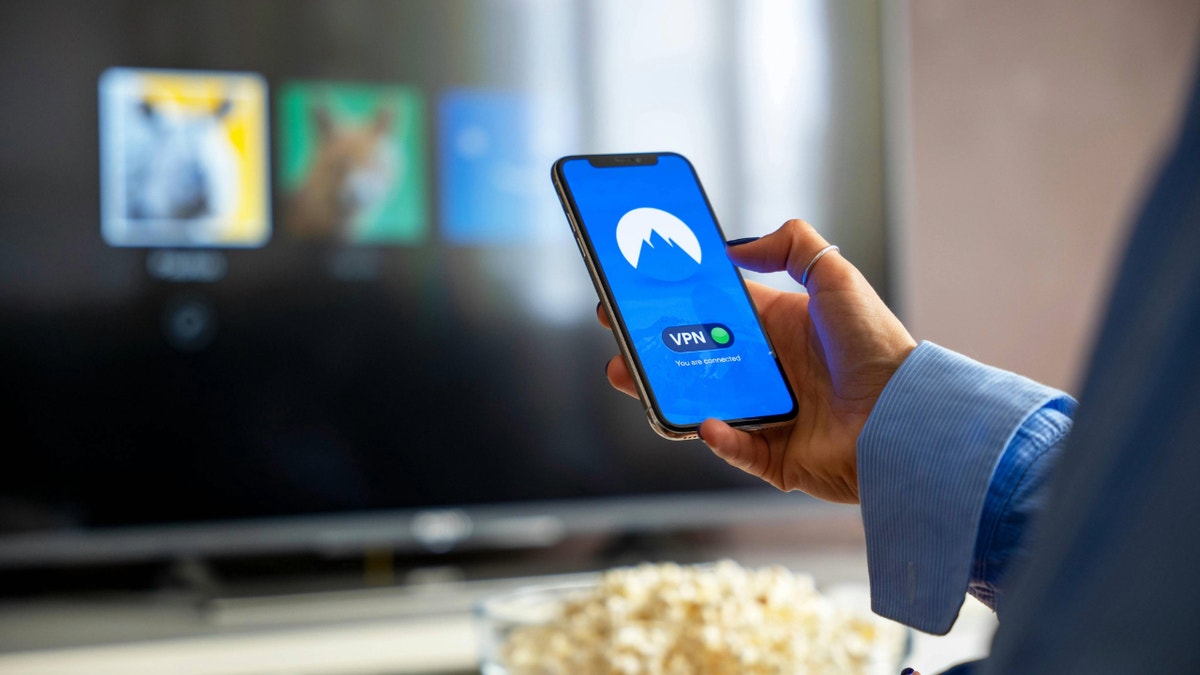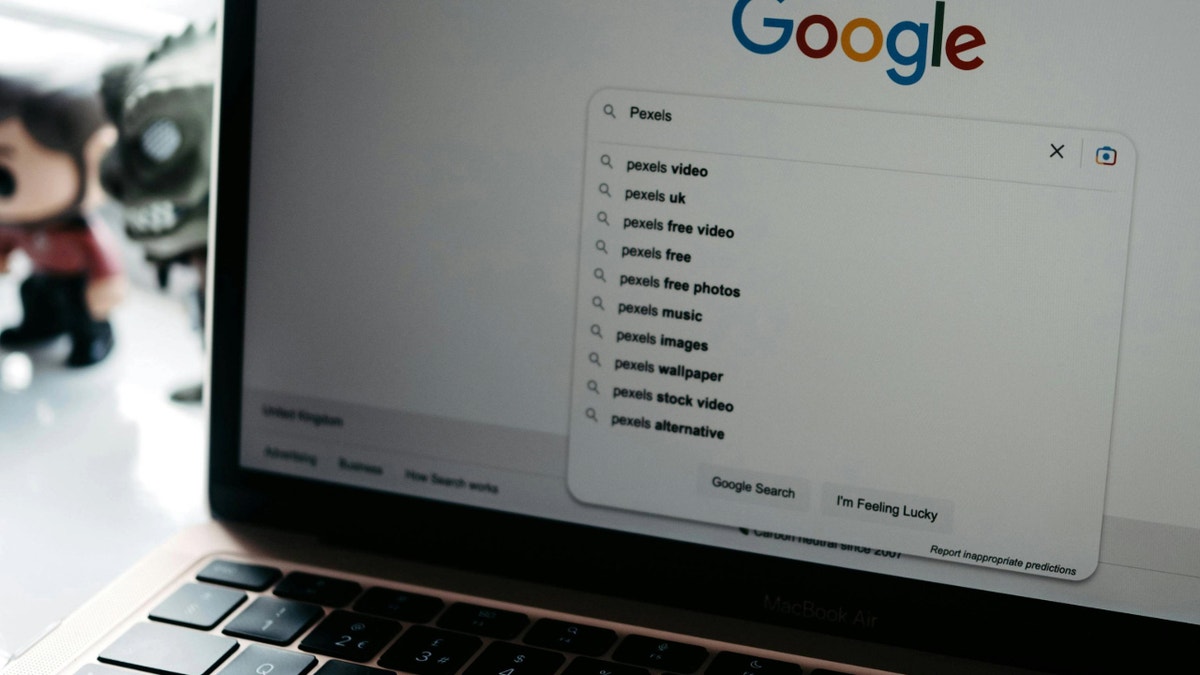Concerned about online privacy and security, especially at home? A Virtual Private Network (VPN) might be the solution you're looking for. VPNs encrypt your internet traffic and mask your location, offering numerous benefits for enhancing your home network security.

A VPN on a laptop.
How VPNs Work
A VPN establishes a secure connection between your device and a remote server, encrypting your data and making it appear as if your internet activity originates from the server's location. This shields your actual IP address and location from websites and online services, bolstering your online privacy.
10 Advantages of Using a VPN at Home
1. Secure Online Communications
VPNs enhance the security of your online communications by encrypting all data transmitted between your device and the VPN server, adding an extra layer of protection even for messaging apps that lack end-to-end encryption.

A VPN on a smartphone.
2. Bypass Geo-Restrictions
Access region-locked content and services, such as streaming platforms or news websites, by virtually changing your location with a VPN.
3. Prevent Bandwidth Throttling
Avoid internet slowdowns caused by ISP bandwidth throttling. A VPN masks your online activity, preventing your ISP from selectively slowing down specific types of traffic.
4. Enhanced Wi-Fi Privacy
Keep your internet activity hidden from Wi-Fi network administrators, both in public spaces and even on your home network, adding an extra layer of privacy.
5. Mitigate Cyberattack Risks
While not a foolproof solution, VPNs enhance your security against cyberattacks by encrypting your data and masking your IP address, making it harder for hackers to intercept your information or target you directly.
6. Circumvent Internet Censorship
Bypass internet censorship imposed by certain countries or organizations by connecting to a VPN server in a location with unrestricted access.
7. Potential Cost Savings
Explore potential savings on online purchases as some retailers adjust prices based on location. A VPN can help you access better deals by virtually changing your location.
8. Increased Privacy from Government Surveillance
Add a layer of privacy against government surveillance by masking your online activity and making it more difficult for authorities to track your internet traffic.
9. Shield Browsing History from ISP Tracking
Prevent your ISP from tracking your online activity and potentially sharing or selling your browsing data to third-party advertisers.

Image of a Google search on a laptop.
10. Improved Online Gaming Experience
Potentially improve online gaming speeds and reduce latency by connecting to a VPN server closer to the game server, enhancing your overall gaming experience.
Maximizing VPN Security: Key Tips
- Choose a reputable VPN provider with robust encryption.
- Always use a VPN on public Wi-Fi networks.
- Enable two-factor authentication (2FA) for added security.
- Use strong, unique passwords for all accounts.
- Regularly monitor your online accounts for suspicious activity.
- Keep software and apps updated with the latest security patches.
- Remain vigilant against phishing scams even while using a VPN.








